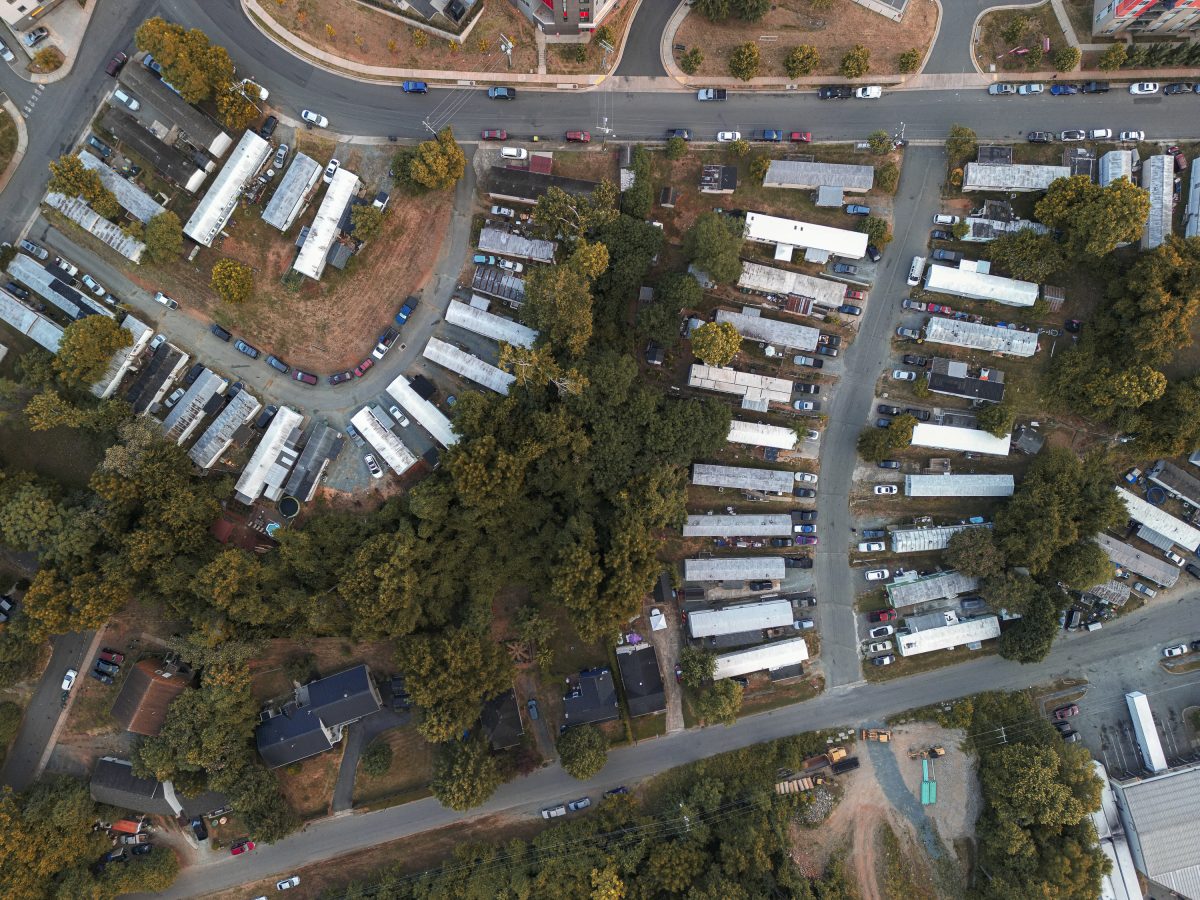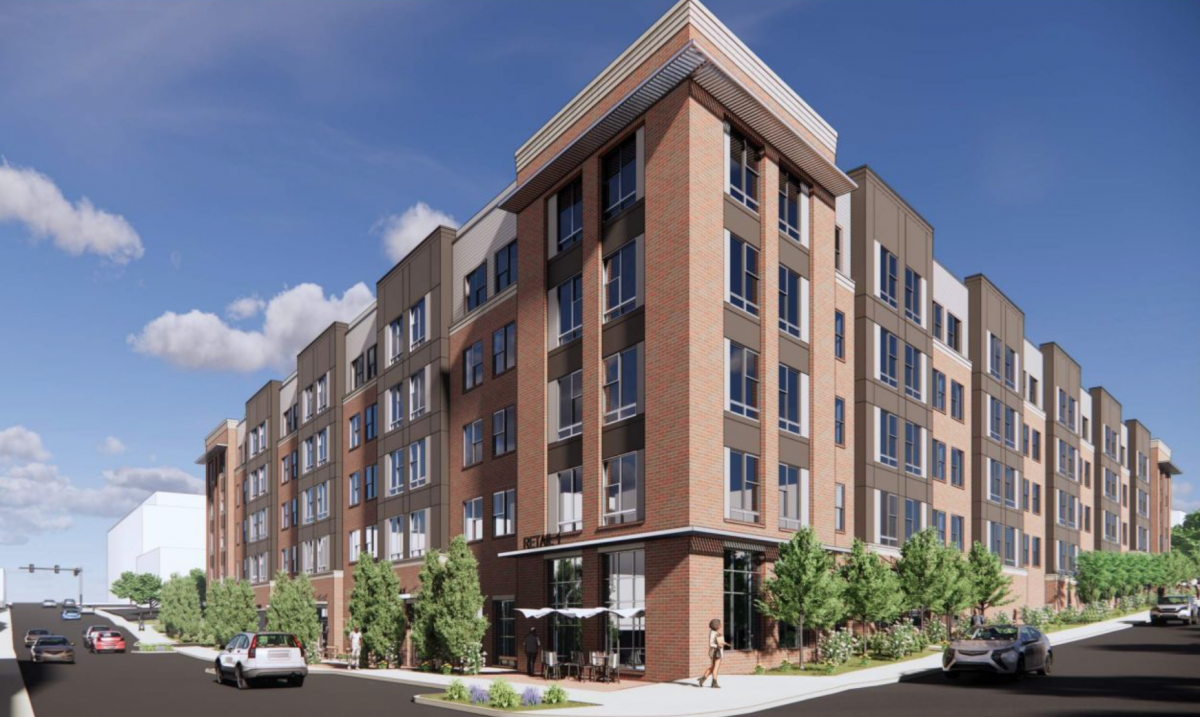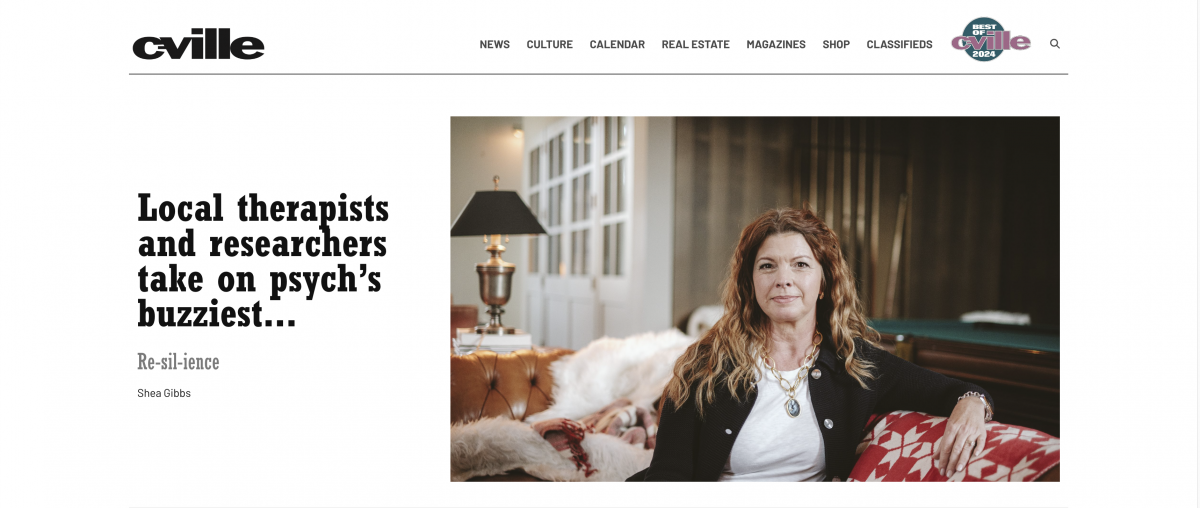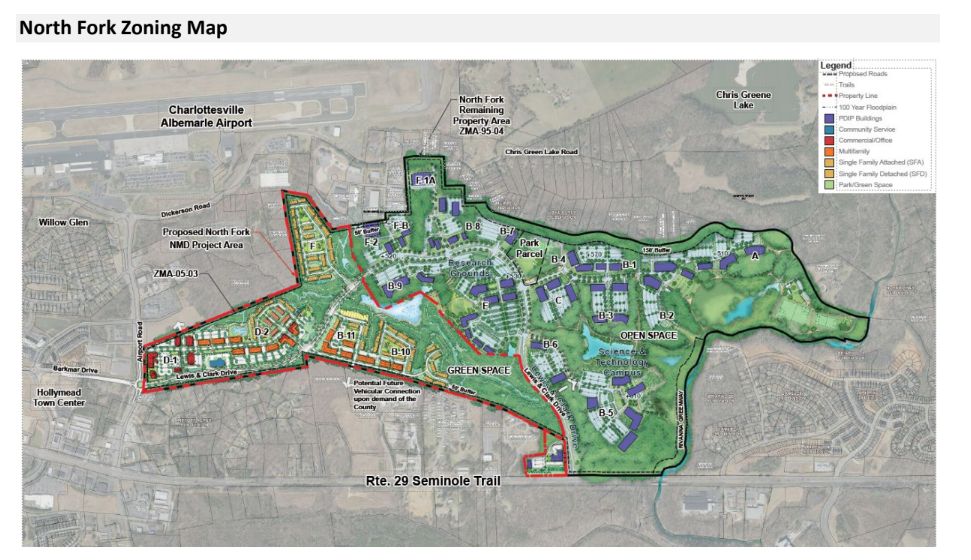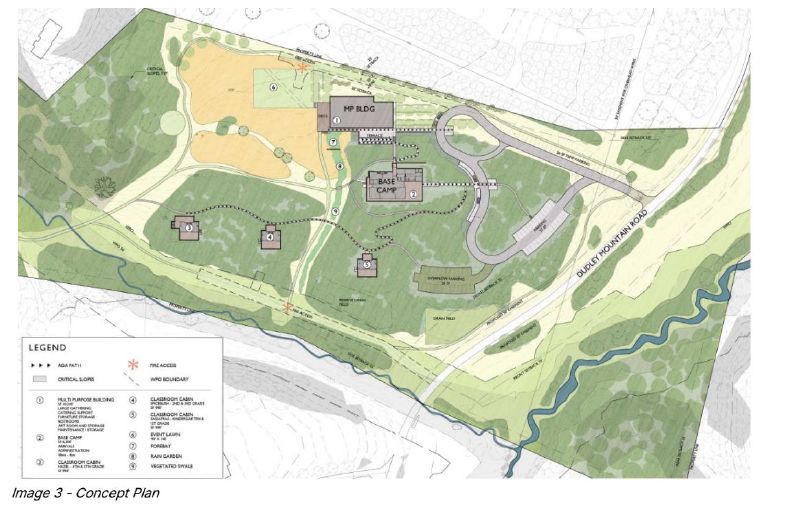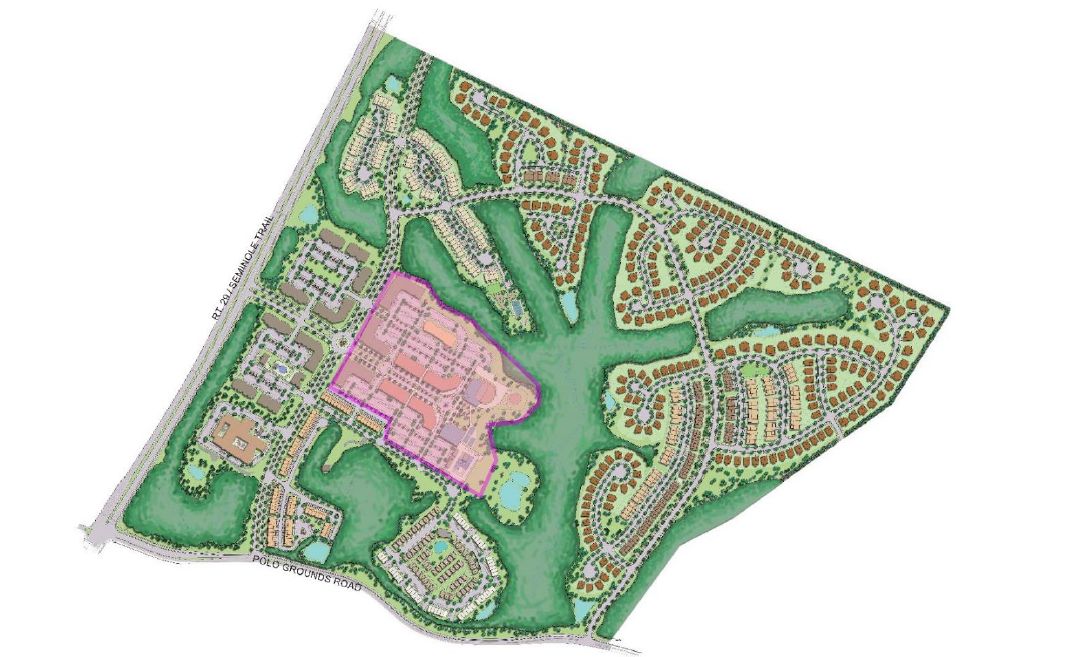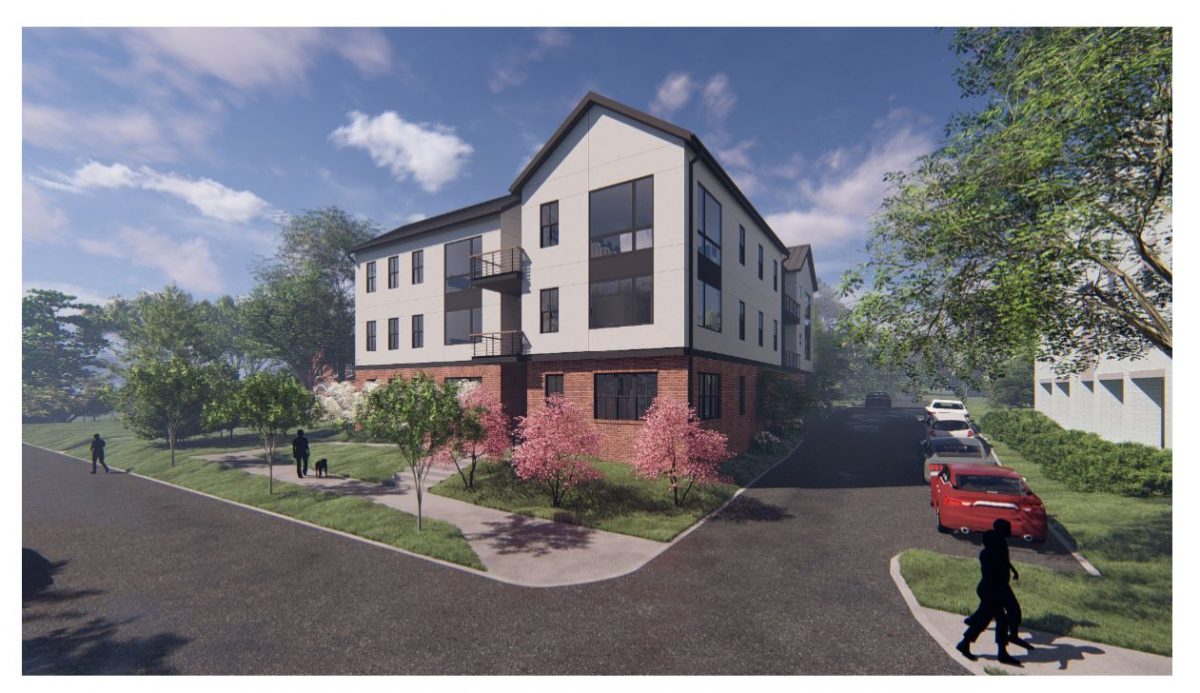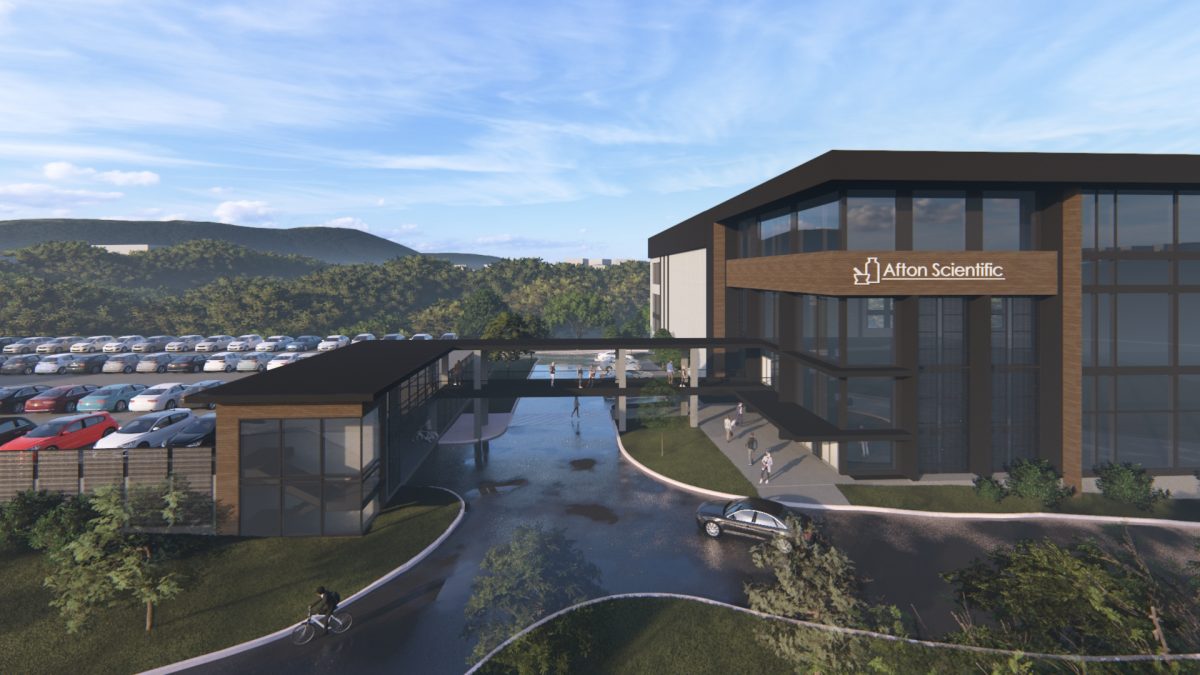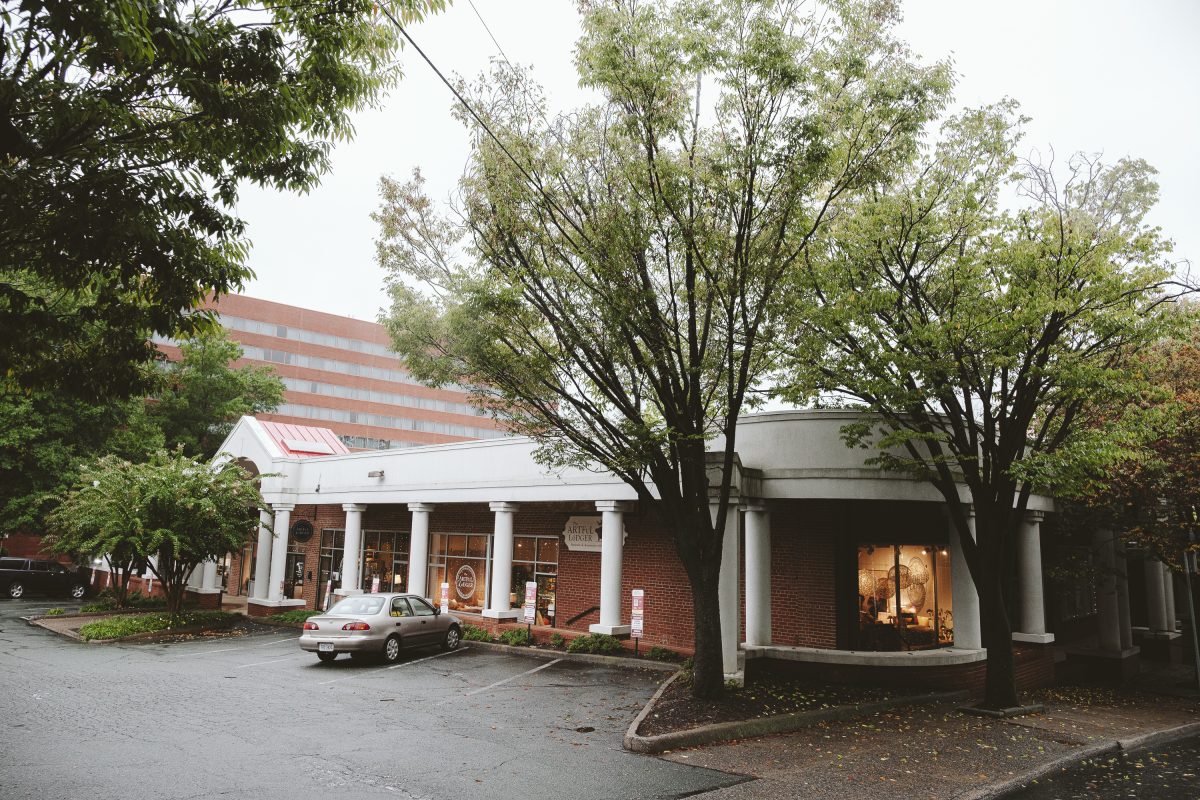One of the toughest issues facing the greater Charlottesville region is the ever-increasing cost of housing, a barrier to financial stability for many. The problem has been getting worse over the past few years due to rising property assessments, increasing income disparity, and a shortage of housing.
According to the U.S. Department of Housing and Urban Development, a household’s rent or mortgage is considered affordable if the cost of shelter is no more than 30 percent of its income.
“For a family of three at 30 percent of [area median income] (roughly $20,700), affordable rent would be $520 per month, including utilities,” reads the summary of a housing needs assessment conducted for the City of Charlottesville in 2018. “At 50 percent of AMI (roughly $34,500), the family could afford $860 per month.”
Under HUD guidelines, households that routinely spend more than 30 percent of their income on housing costs are considered stressed. This assessment was seven years ago and since then, the area median income had increased with both inflation and the economic effects of the COVID-19 pandemic.
By 2021, the AMI for a family of three at 30 percent had increased to $25,300 and $42,200 for a family at 50 percent of AMI. By 2024, those figures had jumped to $33,000 and $54,900 respectively. In other words, more people are now eligible for subsidized places to live.
Since the pandemic, the cost to buy a house has increased. The latest figures from the Charlottesville Area Association of Realtors show that the median sales price in the region increased from $326,900 in the third quarter of 2020 to $455,000 in July through September of 2024.
The City of Charlottesville used its housing needs assessment to create an Affordable Housing Plan, which called for a series of reforms and a moral commitment from the city to spend $10 million a year on building, preserving, and maintaining units whose rents are within reach of those with lower incomes.
“To date, over $35 million has been identified,” said Charlottesville City Manager Sam Sanders in a briefing to council in early December, adding that the draft five-year capital improvement program has another $52 million for projects.
“If you add all that up, that’s $99 million in less than 10 years,” Sanders said.
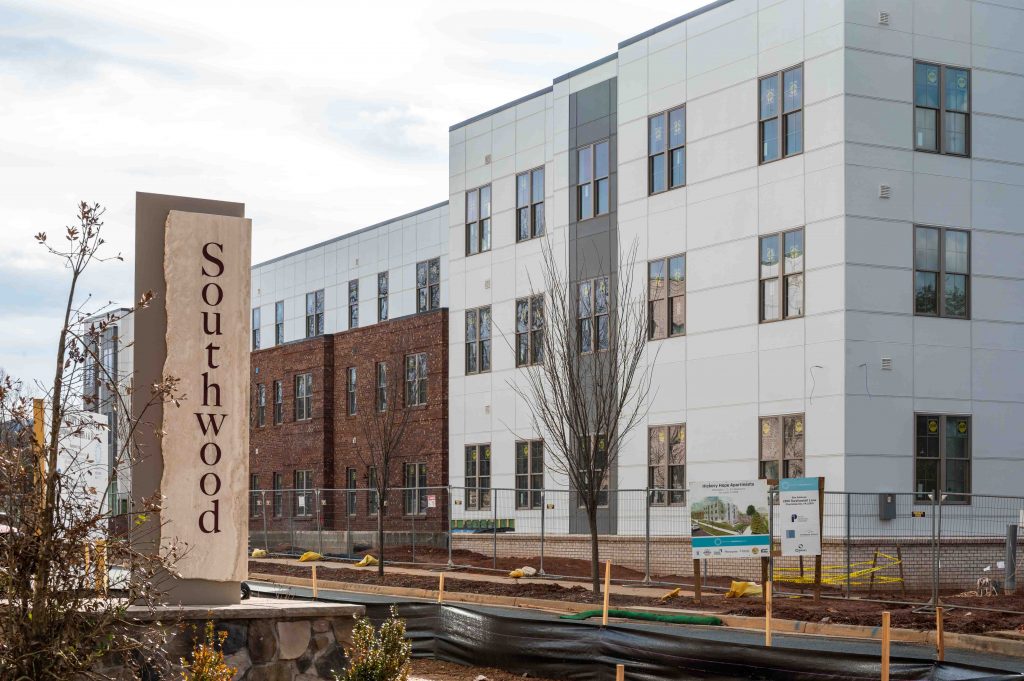
The City of Charlottesville in recent years has used some of its share of federal COVID funds (as well as its own cash) to buy existing units. This includes the $5 million given to the Charlottesville Redevelopment and Housing Authority to purchase the 74 units known as Dogwood Housing from Woodard Properties. In late summer 2024, council agreed to contribute $8.74 million to Habitat for Humanity of Greater Charlottesville and the Piedmont Housing Alliance for the purchase of 6.5-acre Carlton Mobile Home Park.
The city has also provided millions in matching funds for projects being pursued by the Piedmont Housing Alliance, including the ongoing redevelopment of Friendship Court into Kindlewood.
The Affordable Housing Plan also led to a new zoning code intended to make it easier to build new units by mostly eliminating single-family code. Areas that had been zoned for one unit per lot now allow for more units, depending on the district.
For instance, developer Nicole Scro filed plans in December that would replace a single-family house on St. Clair Avenue in the Locust Grove neighborhood with six units. To get that level of density, three of the units have to be rented at 60 percent of AMI.
For larger projects, the zoning code requires one out of every 10 units to be made available to households below 60 percent of AMI. So far, only one project has been submitted that would satisfy that requirement but the 180 units at 1000 Wertland St. will also be designated at some affordability level. One new apartment complex proposed at 1609 Gordon Ave. capped the number of units at nine to evade the affordability rules.
In response, the city is working on a tax abatement program to provide millions in incentives to developers who provide the units. Sanders told council that it will be expensive but he did not provide an estimate. Further details will be revealed this year.
Trump’s shadow as the new year begins
The incoming administration of President-elect Donald Trump will set the tone for a different four years than those under the nation’s 46th president. A key feature of the Biden administration was investment in infrastructure in order to stimulate the economy.
For instance, HUD recently awarded Habitat for Humanity of Greater Charlottesville $29.1 million to assist with redevelopment of the Southwood Mobile Home Park. The funding will pay for infrastructure during the second phase of work.
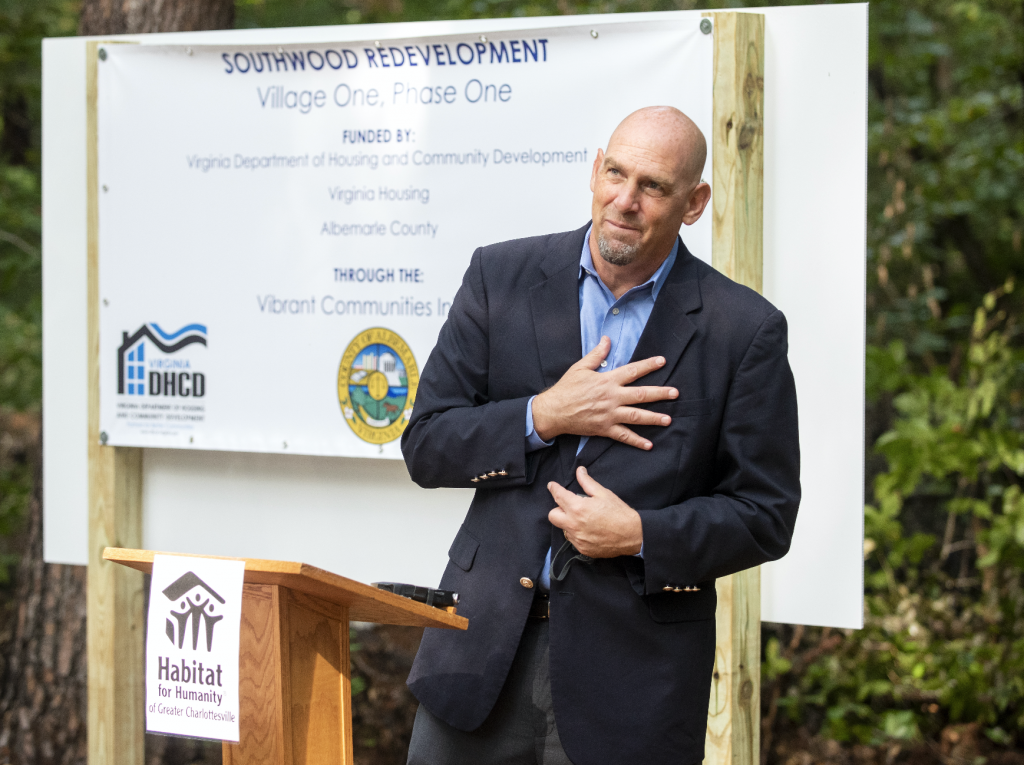
Sunshine Mathon, executive director of the Piedmont Housing Alliance, said he is watching for the impact of new administration policies locally as the federal government moves away from climate justice.
“[There is] a potential for huge cuts and/or a ‘burn it down and rebuild it’ strategy that could completely disrupt thousands of peoples’ lives locally and millions of lives nationally,” Mathon said in an email.
No one knows what Trump will do until it happens, but his nomination of Scott Turner to be Secretary of Housing and Urban Development would shake up the way public housing operates across the nation. Turner is a former NFL player who operated the White House Opportunity and Revitalization Council in the first Trump term.
“2025 will likely bring big changes in the housing world,” said Dan Rosensweig, Habitat’s executive director. “We just don’t quite know what those changes will be.”
Rosensweig said one aspect to watch is whether Trumpian policies such as tariffs and mass deportation of immigrants could increase the cost of construction. Full Republican control of the federal government will have implications.
“We will also likely see a federal budget that eliminates or reduces reliable subsidies for affordable housing programs and construction,” Rosensweig said.
Housing advocates will likely press local and state officials to make up some of the difference by expanding programs and devoting more money.
Local projects in 2025
Regardless of dark clouds on the federal horizon, the Piedmont Housing Alliance is charging ahead with existing plans. The second phase of Kindlewood construction is expected to start soon, with 104 units in five residential buildings. Of these, 54 will be created for existing Friendship Court residents and four will be reserved for home ownership.
When Kindlewood was Friendship Court, all 150 units were reserved for households making less than 30 percent of the area median income.
“With redevelopment, there will be new homes at two additional tiers of affordability, providing more options for current and future residents,” reads a detailed profile of this second phase on PHA’s website.
PHA’s Financial Opportunity Center and Housing Hub will be located on the ground floor of a multifamily building. The other four buildings will be townhouses with some units reserved for households making 80 percent of the area median income.
Mathon said he is also hopeful construction can move forward on a 71-unit project at 501 Cherry Ave. that is being developed with Woodard Properties. Council has committed at least $3 million in capital funds. The city’s Department of Neighborhood Development Services wants to see a new site plan after going through three iterations so far.
Mathon is also hoping a partnership project with Habitat at the former Monticello Area Community Action Agency site on Park Street will break ground. The city’s capital budget for this year includes $1.86 million for that project. The city has approved a site plan with the Planning Commission signing off in mid-November of 2024.
Rosensweig said Habitat will finish the first phase of development at the Southwood Mobile Home Park with 350 homes, about two-third of which will be affordable. The second phase will get underway as well with 52 Habitat homes.
“This year, we were once again confirmed by Habitat International as the single most productive Habitat affiliate for our service area size in the U.S. and Canada,” said Rosensweig.
Habitat will also begin work on construction of 16 homes in Charlottesville’s Flint Hill development. In addition, planning will get underway with residents of the Carlton Mobile Home Park.
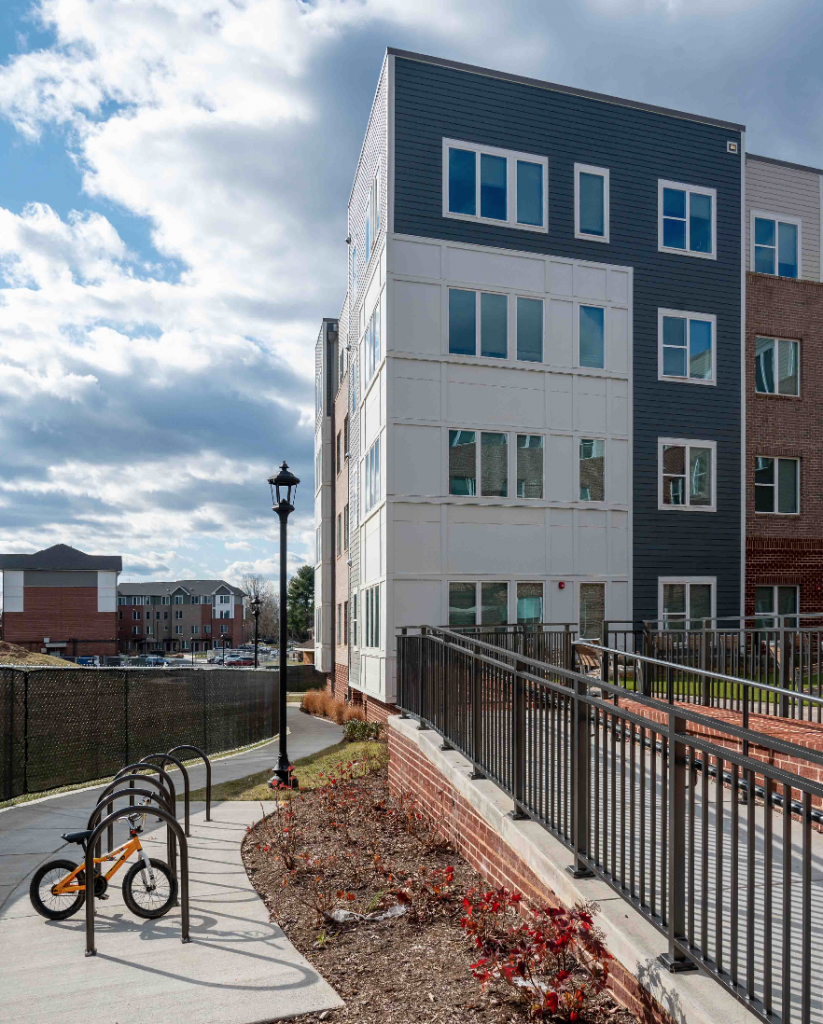
Looking ahead to policy changes
One of the biggest forces in affordable housing in the community is the Charlottesville Low-Income Housing Coalition. During the Cville Plans Together initiative, advocates pushed for a new zoning code that would allow for density in areas of the city that had previously been reserved for single-family homes. Now one of them wants Albemarle County to follow suit.
“I hope Albemarle County passes a Comprehensive Plan that ambitiously addresses zoning reforms to allow more affordable housing,” said Emily Dreyfus, an organizer with the Legal Aid Justice Center. Albemarle has been reviewing its Comprehensive Plan for more than three years and the draft chapter on housing is not yet available for review. Supervisors adopted a plan called Housing Albemarle in July 2021 that identified housing production as the No. 1 goal.
Dreyfus also wants Albemarle County to commit to $10 million a year and CLICH will be making a big push in that direction as the year gets underway.
There are several apartment complexes in the area that have rents subsidized through low-income housing tax credits and some of these are set to expire in the future. The National Housing Preservation Database notes that the affordability requirement for 200 units at Hearthwood Apartments ends on January 1, 2027, and mandatory income restrictions at Mallside Forest expire two years later. In late November, Dreyfus notified the Planning Commission of the looming Hearthwood expiration.
“One thing that does worry me a little bit, gives me a little bit of heartburn, is in fact Hearthwood,” said Planning Commission Chair Hosea Mitchell at a November 26 work session. “It looms large and I just want us to be certain that we’re thinking about that because we don’t want to revisit the [Carlton] mobile home crisis that we faced a few months back.”
Dreyfus said CLICH also wants governments and nonprofits to be able to intervene in other situations. Last year, an investment firm called Bonaventure purchased the Cavalier Crossing apartment complex on Fifth Street Extended with an eye toward increasing revenue. While that property never had a rent subsidy, its relative age translated into affordability. That will change as units are renovated.
“Cavalier Crossing will undergo a comprehensive renovation to upgrade unit interiors, amenities, and curb appeal,” reads an announcement of the purchase. “Bonaventure will enhance the existing amenity package which already includes a swimming pool, fitness center, basketball court, and volleyball court, to deliver an upscale community in a market where demand significantly outpaces supply.”
In 2024, Dreyfus helped organizers to get enough residents of the Carlton Mobile Home Park to support an effort by Habitat and PHA to purchase the site. They relied on a requirement that the owner issue a public notice when a legitimate offer is made. Dreyfus and others want that sort of notice extended to other types of properties.
Regional and state efforts
The high cost of housing is felt across the entire commonwealth, and policy outcomes are influenced by what comes out of the General Assembly each year.

Isabel McLain, the director of policy and advocacy with the Virginia Housing Alliance, said one of the group’s legislative campaigns in 2025 will be to increase the Virginia Housing Trust Fund, a program created in 2013.
“Currently it is funded at $87.5 million, which is the highest it’s ever been funded,” McLain recently told the Central Virginia Regional Housing Partnership. “We have been asking for the past couple years to reach $150 million a year.”
The trust fund contributes to many projects across the state, including the first phase of Kindlewood. McLain said another legislative request will be to extend the life of Virginia’s Housing Opportunity Tax Credit Act. The program is currently scheduled to end on December 31.
There’s also an effort to establish a Virginia-based rental assistance program to fill in gaps not covered by the federal housing voucher program.
“We’re seeing increased housing cost burden as rents continue to increase, so there’s all the more reason and all the more urgency for the state to take responsibility and try to do more to fill that gap,” McLain said.
Regionally, the Thomas Jefferson Planning District Commission is working on gathering data on the current housing needs in the area. They will work with the Virginia Center for Housing Research at Virginia Tech to update information with a hope of providing better real-time metrics about housing needs.
For anyone looking for more information on the overall topic, mark your calendar for March 12 and March 13. That’s when the Central Virginia Regional Housing Partnership will hold its next affordable housing summit.
